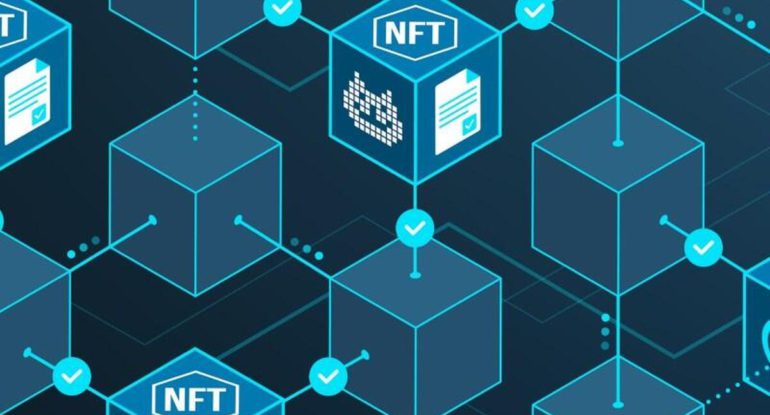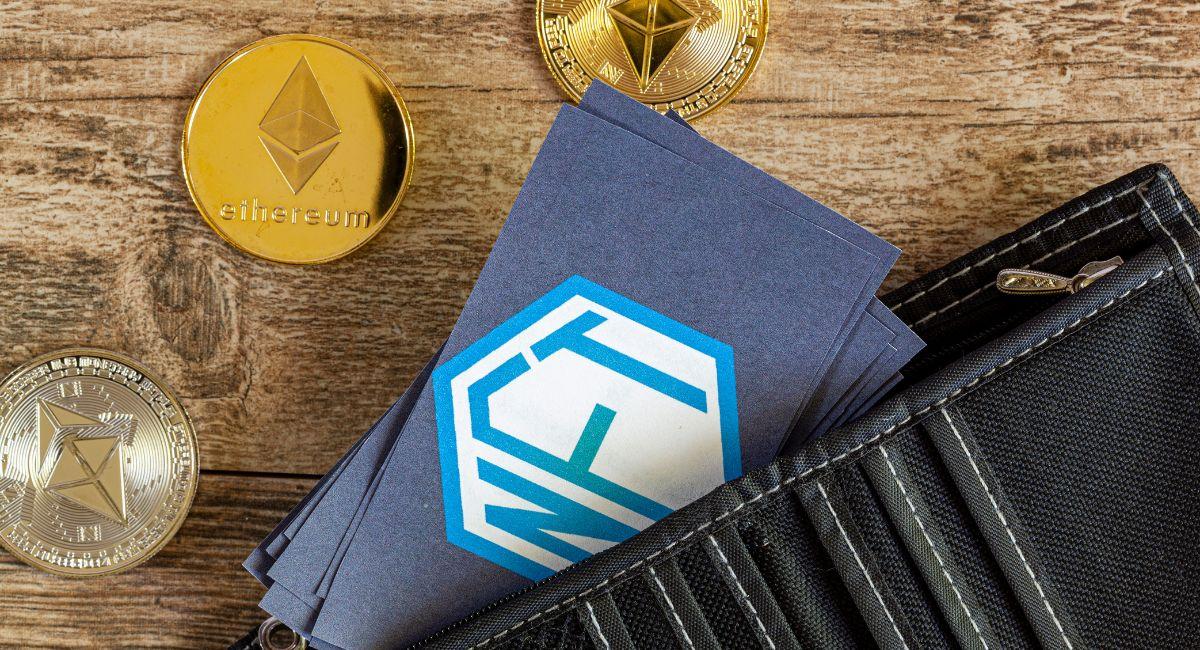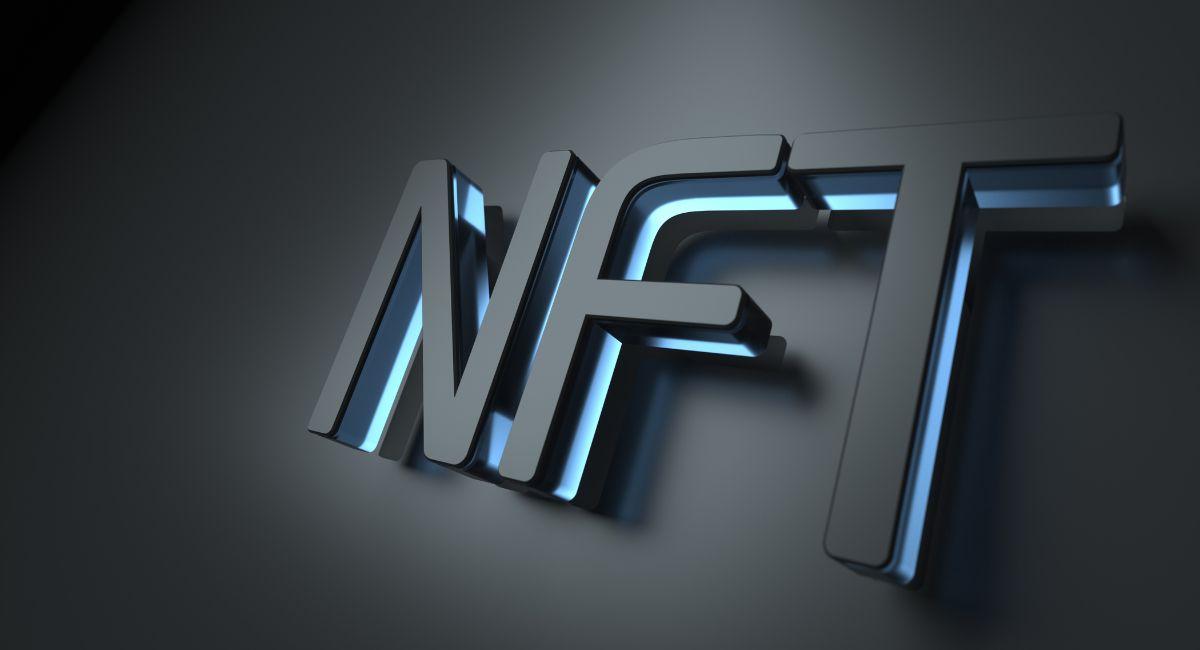Top 5 Amazing Business Use Cases For NFTs In The Coming Years In The NFT World

As non fungible tokens become more widely accepted, many prospective business investors are unsure whether they represent a benefit or a bubble. Real-world examples of this new technology are crucial to evaluating its worth, sustainability, and future, given the seemingly limitless possibilities of NFTs.
The use of NFTs, or digital tokens representing real-world and virtual assets, is theoretically unlimited. NFTs offer a new way to monetize intellectual property, digitize assets, and confirm the validity of physical assets online—all while still going through growing pains as a technology and a financial instrument. They are used more frequently to confirm the authenticity of different rare, priceless, and collectible artifacts.
Both buyers and sellers should approach cautiously as the market changes. NFTs have not yet seen the widespread application, but supporters of the technology claim that the groundwork is being set for such purposes.
Despite their ups and downs, the main barrier to the adoption of NFTs is usability, not technology, according to Evin McMullen, co-founder of Serto, a Consensys firm. She stated that to make it more useful, straightforward, and pleasurable for both business users and private customers, we must improve the user experience.
Nonfungible Tokens (NFTs): What are they?

NFTs are special kinds of cryptographic assets that are built on blockchain technology. Because of their singularity, NFTs are nonfungible, which means they cannot be utilized interchangeably with one another. On the other hand, fungible assets, such as a dollar bill, a piece of gold, or a bitcoin, can all be swapped for comparable goods. The foundation upon which NFTs are built is decentralized finance (DeFi), in which assets and market participants behave decentralized and interpersonally. DeFi does away with the need for middlemen.
Making a physical asset into a digital asset streamlines procedures and makes it simpler to verify the difference and scarcity of information on digital networks. Exclusiveness is a major feature of NFTs; they can limit people’s access to certain assets.
The appeal of NFTs rests in their use of unique identification, the tamper-resistant blockchain of smart contracts, and the digital representation of tangible goods. Blockchain safeguards NFT ownership, granting the owner sole authority to carry out transactions and transfer the token. The tokens can’t be deleted, copied, or destroyed because of blockchain technology. Blockchain also eliminates third-party authentication and allows NFTs to be traced back to their actual owners. Without the owner’s consent, not even the NFT’s issuer can copy or transfer it.
NFT examples in the business world

In the arts and entertainment spheres, NFTs have drawn a lot of interest and come to pass. Beyond these early applications, however, many real-world business use cases, including licensing and certifications, real estate, supply chain management, and logistics, are still in the early stages.
Identification, accreditation, and proof of ownership
Although personal identity management is one area where NFTs can excel, this application is still in its infancy. Because NFTs contain code with a specific set of information, they can be used to tokenize documents like diplomas, academic certificates, licenses, and other credentials, as well as medical records, birth certificates, and death certificates. The identification or certification can be promptly issued over the blockchain as an NFT that can be traced to the owner. Therefore, employing NFTs to digitally capture and maintain medical histories, personal profiles, educational backgrounds, and address details can help customers have more control over their data while also preventing identity theft.
A similar idea might be used for passports or driver’s licenses in the future. Although NFTs may help to prevent the falsification of licenses, passports, and visas, specifics of the technology — which may be utilizing a mobile app — have not yet been worked out.
The creation of vaccine passports using NFTs is a similar application. The Republic of San Marino announced the introduction of NFT COVID-19 vaccination passports. The tokens will lessen document fraud by assisting with document authentication.
Domain name registration
The basic domain name service (DNS), under the administration of the Internet Corporation for Assigned Names and Numbers (ICANN), has no regulation. Owners can manage their domains using private keys in a blockchain domain system. This presents issues with security and censorship. These worries are lessened because blockchain domain names are permanently stored in a public registry and cannot be changed or deleted by a third party.
Blockchain domain NFTs allow for simple trading and programmable domain names. Crypto addresses comparable to an Instagram or Twitter handle are provided through Decentralized substitutes to the Ethereum Name Service (ENS) and Unstoppable Domains conventional DNS, although each name must be distinct. Users of Instagram and Twitter cannot sell their identities, but they may purchase and sell crypto-addresses on ENS and Unstoppable Domains. Prices for the more well-known names are greater.
Actual estate
Applications for virtual real estate are growing in popularity in games like Decentraland. Both in the virtual and physical worlds, NFTs can be used to market digital real estate. A virtual environment is created and bought by participants. Using NFT, it is possible to determine who made and owned the items.
The digital “Mars House,” which depicts a residence encased in glass and encircled by neon lights, is another illustration of virtual real estate. Despite costing $500K, the “house” cannot be entered by the owner because it is virtual reality. A Twitter account that sells virtual properties is another example of virtual real estate, as are real estate transactions in online role-playing games like Superworld.
NFT marketplaces allow for the exchange of virtual real estate through quicker and more transparent transactions than actual real estate transactions. Instead of using a traditional deed or title, ownership of virtual real estate is registered on a decentralized ledger through an NFT. Digital items belong to their holders forever.
While there are several instances of virtual real estate sales, NFT applications for actual real estate are still in their infancy. Future title checks and ownership history verification could be swiftly accomplished by utilizing NFTs and blockchain in the real world. However, security issues are raised by this kind of application. NFTs can still be compromised, even though blockchain makes them more secure. There are still other problems to solve. For instance, access to a blockchain asset could be lost if its private key is lost.
Also Read: Critical Distinctions Between Dynamic And Static NFTs
Art, high-end products, sports, and other collectibles
The primary industries where NFT applications have flourished are collectibles, art, gaming, and virtual worlds. Early applications include the virtual game Cryptokitties and the 2424 pixel art images known as Cryptopunks, which are created algorithmically. Other illustrations include:
- Digital artist Beeple’s NFT collage sold in March 2021 for $69 million.
- A digital replica of a New York Times column that raised $560,000 in cryptocurrencies at a charity auction
- To enable the purchase of song shares, Ditto Music has placed NFTs on its blockchain platform Bluebox.
Digital sports collectibles include “Moments,” a product offered on the NBA Top Shot platform. Moments might be a video of the player performing a move or the NBA’s Top Shot, a trading card system based on blockchain that provides game highlights. Additionally being tokenized are sports tickets and other memorabilia.
Most of the value of crypto-art and other entertainment applications comes from being able to digitally verify their ownership and validity. NFTs can offer verification in industries where fraud and counterfeiting are rampant, such as those that deal in fine art, high-end brands, or other valuables. NFTs cannot be changed or reproduced, which is useful in combating plagiarism and creative theft and assisting artists in making money from their work. Additionally, NFTs give digital art the uniqueness and scarcity of tangible art. They can be traced back to the creator or merchant who created them. They also make it possible for anybody to view the artwork’s selling price and the number of sales.
The media and film industries, which are still developing markets for NFTs, likewise prioritize preventing fraud and plagiarism. To stop files from being copied or shared without the owners’ consent, files can be appended to the blockchain as an NFT.
The logistics and supply chain
NFTs’ primary role in the supply chain is to authenticate goods, guarantee their quality, and confirm their provenance. Although still in their infancy, NFTs on the blockchain is suited for logistics applications due to their immutability and transparency, which maintain the authenticity and dependability of supply chain data. Knowing where the items have been and how long is essential in food and other perishable industries.
NFTs prevent counterfeiting, assist in tracking items across the supply chain flow, and guarantee originality. Luxury fashion firms’ supply chains would be affected by this. NFTs can also provide details about each material and component in a specific product for industries like the auto industry. Cost management might benefit from this. The use of recyclable and sustainable materials would be tracked by industries using NFTs.





























































